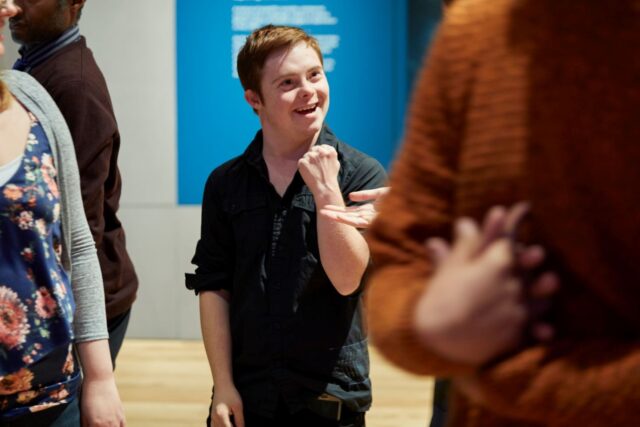A youth charity will help young people with learning disabilities improve their mental health in the wake of the coronavirus pandemic – thanks to a grant from London’s largest independent funder.
City Bridge Trust, the City of London Corporation’s charity funder, has granted £250,000 over five years to Caxton Youth Organisation, which works with young people from across Westminster.
Founded in 1948, the charity provides social activities and practical support to young people from its clubhouse base in Victoria, as well as outdoor activities and trips.
The grant will fund a dedicated youth worker providing one-on-one support to help young people whose mental health has been affected by the lockdown improve their confidence and cope with challenges such as expressing feelings and communicating with others.
Dhruv Patel, Chairman of the City of London Corporation’s City Bridge Trust Committee, said:
“Young people with learning disabilities often feel quite isolated and that’s something that for many has been heightened during the lockdown, so this funding should make a real difference at a time when it’s needed most.
“This scheme will help young people manage issues such as stress and anxiety and give them the confidence to do more things for themselves, as well as boosting their educational and career prospects.”
The scheme will be based on the ‘five ways to wellbeing’ model for good mental health, which focuses on connecting with other people, getting physically active, being mindful, learning new skills and helping others.
Rose Swainston, Caxton Youth Organisation head of development, said:
“Research shows people with disabilities are much more likely to feel anxious about the impact of coronavirus on their lives than those who are non-disabled, so this funding is crucial in supporting our members to manage their wellbeing and cope better with stress.
“With this funding, we can support young people to build their own social and emotional toolkits based on the five ways to wellbeing, opening up the conversation of mental health through COVID-19 and beyond.”




